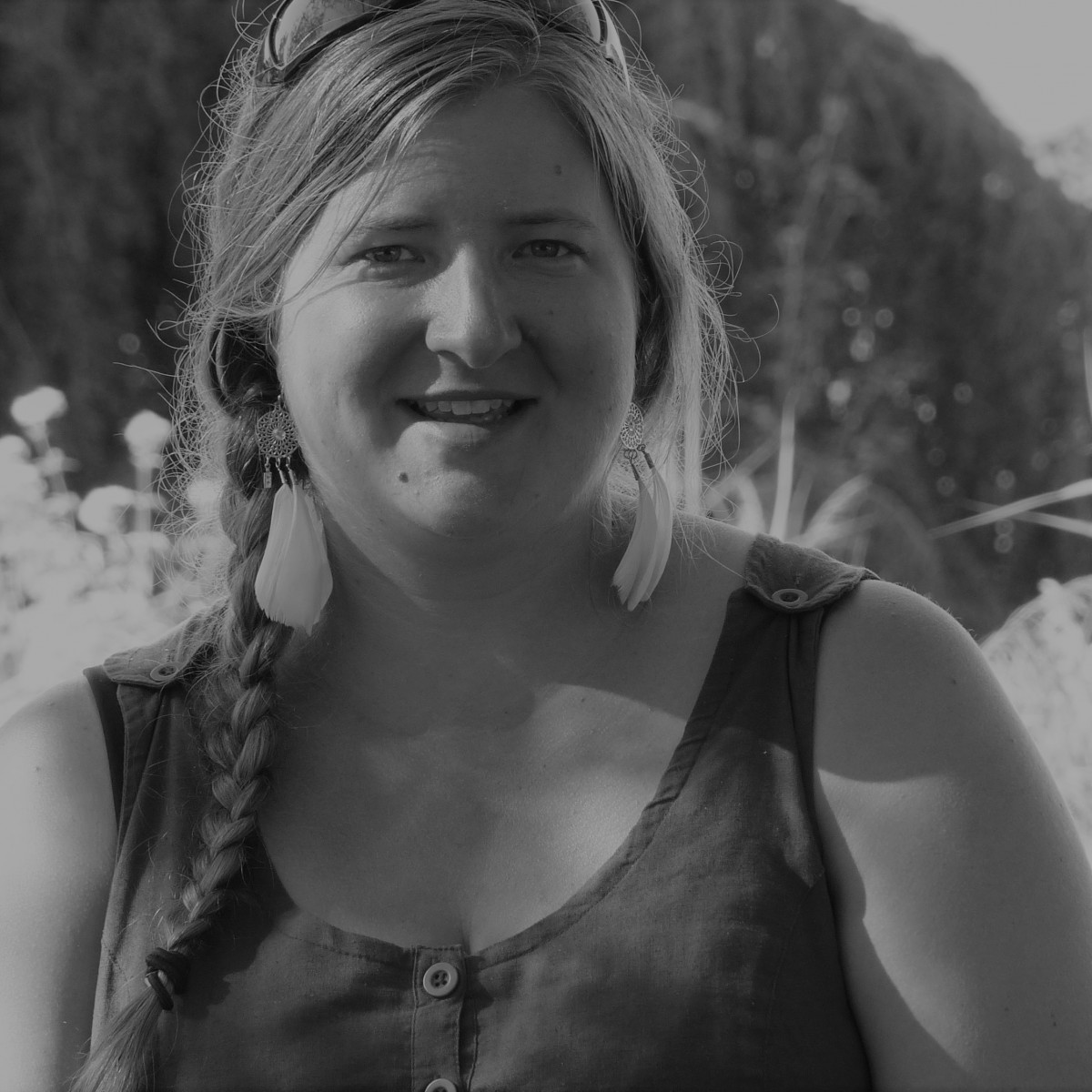Summary :
Evidence-based data show that coming back home after a stroke takes a great psychological toll on patients, who are facing difficulties in their meaningful activities, especially concerning leisure. In France, mobile rehabilitation units have recently been deployed in several regions. This study aimed to understand the practice of occupational therapists in these units in order to help patients resume their leisure activities after a stroke.
A qualitative approach was used : nine occupational therapists were interviewed. Verbatim records were analysed regarding the theories of mourning, of care, and the model of human occupation.
Interviewed occupational therapists systematically questioned leisure activities but did not always provide support. Quoted obstacles included cognitive impairments, limitations in mobility, cost and lack of organisations to liaise with. For occupational therapists, lack of time was the main difficulty.
The temporality of the intervention seems to be important on different respects. A partnership with other professionals appears essential to ensure results on the long term. Personalized care is limited by the occupational therapists’ lack of time and tools. Particularly when facing cognitive deficits, in order to remotivate patients to engage in their occupations.
The current shift in professional identity for occupational therapists and the emergence of occupational science in practices could give them elements of support. This qualitative study could be extended with a quantitative study following the interventions of occupational therapists in mobile rehabilitation units.
Cet article est payant !
Je suis abonné, je m’identifie ci-dessous.
Je ne suis pas abonné, j’achète ici
Article rédigé par :
-

Anne-Cécile Larricq
Ergothérapeute DE
Cabinet libéral, Riom (63)
aclarricq.ergo@gmail.com

